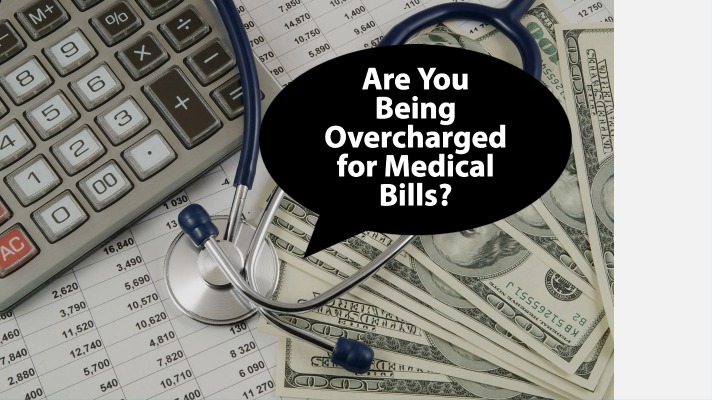No one wants to be overcharged for medical bills. If you’ve ever visited the doctor, you probably know health care can be expensive. Sometimes you see it with the cost of health care insurance. When it comes to health care, I adopt a Know Before You Owe mentality.
That means I want to know which providers are in-network. If they’re not in-network, then I take the time to understand the cost and benefits for out-of-network services. It’s important to know how the process works to get my benefits also. For example, will I have to file a claim form myself?
However, having this knowledge does not guarantee everything will work out perfectly. Sometimes you’re quoted a price based on your insurance and it’s wrong. Last year, the No Surprises Act went into effect. This has protections for the insured and uninsured/self-pay against surprise medical billing.
Take Control of Your Health Care Expenses
The best way to take control of your health care expenses is to understand how your health care plan works. And review your Explanation of Benefits (EOB) statement. The EOB shows you the financials for your health care expenses (i.e., doctor’s visit, procedure).
I always review our EOBs. Last year I found some instances where the “patient pays” portion was less than what I paid. So, I was overcharged for medical bills. The health care provider didn’t contact me in either instance. I’m sure if I had underpaid them, they would have been quick to send me a bill though.
I waited a few months before I called them to see what would happen. They never contacted me. I called each provider and explained I was overcharged based on my EOB. After a quick review, they both agreed a refund was due. One health care provider took months to send me a refund check. The other one actually credited my account the same day.
In closing, always check your EOB to make sure you didn’t overpay for health care expenses. If you find out you did, contact your health care provider for a refund.




